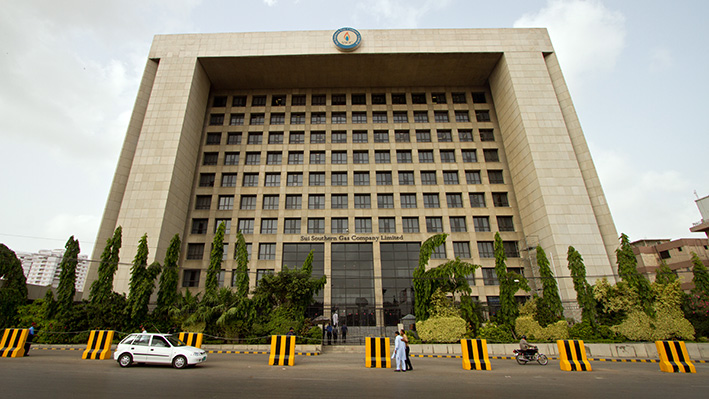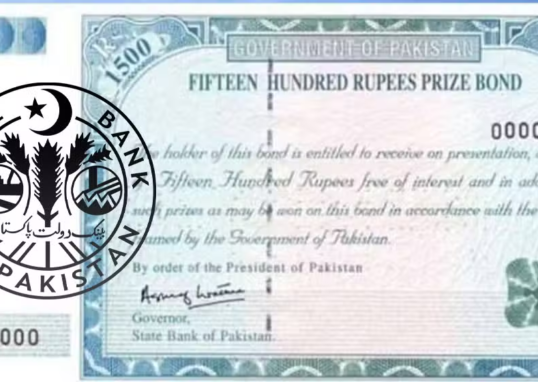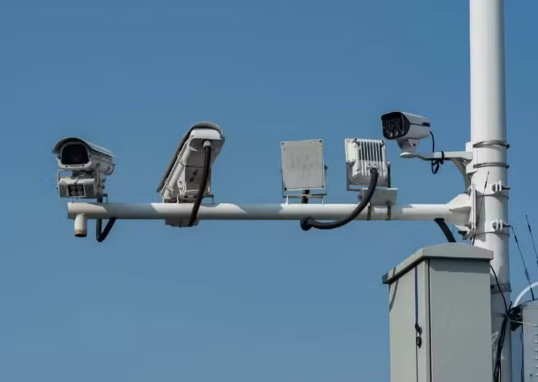

The Economic Coordination Committee (ECC) will meet on Monday, October 23, 2023, to approve a plan to hike the gas tariff, a key part of the International Monetary Fund (IMF) conditions. The IMF has demanded that Pakistan increase its gas tariff by 173% for non-protected domestic consumers, 136.4% for commercial, 86.4% for export, and 117% for the non-export industry.
The government has failed to hike the gas prices from July 1, 2023, as per the IMF’s conditions, which has forced it to incur a loss of Rs50 billion during the July-September period in the gas sector. The government hopes to bridge these losses by increasing the gas tariff, which would give it enough monetary space to recover.
The government has assured the IMF that the gas prices would be increased in such a manner that it would not increase the circular debt during this financial year, which right now stands at Rs2.9 trillion. However, if the government decides to implement the hike from October 1, 2023, the circular debt would increase by Rs15 billion.
The cement sector will have to bear the brunt of the gas tariff hike, with the cost of gas increasing by 193.3%, from Rs1,500 per MMBtu to Rs4,400 per MMBtu. The CNG sector will face the second-highest increase in gas tariff, by 143.8%, from Rs1,805 per MMBtu to Rs4,400.
The government, however, does not plan on increasing the tariff for tandoors, which would ensure that roti prices remain stable.
The summary prepared by the petroleum ministry that is to be pitched today in the ECC meeting shows that it has not spared the four protected domestic consumer categories. While the government has not proposed to increase their gas tariffs, it has hiked their monthly fixed charges from Rs10 to Rs400 per month.
More importantly, the Petroleum Division has also proposed to escalate the per month fixed charges for the first 4 non-protected domestic consumers by 117.4% to Rs1,000 from Rs460 per month, and to increase their gas tariffs by 50-150%. The per month fixed charges for the remaining 4 non-protected domestic consumers will also be increased by 334.78%, to Rs2,000 from Rs460 per month, and their gas tariff will be increased by 100%-173%.
The summary states that SNGPL will now offer a blend of natural gas and RLNG in a 20:80 ratio to the non-export industry out of the estimated volumes for industrial consumers, both process and captive, as per petitions filed by SNGPL to OGRA for revenue determination. The blend offered by the Sui companies shall be reviewed every quarter based on the availability of natural gas and RLNG. And SSGC shall offer a blend of NG and RLNG of 90:10 out of the estimated volumes for industrial consumers, both process and captive, as per petitions filed by SSGC to OGRA for revenue determination.
Coming to the export industry, the summary says that currently, there is a wide price disparity between the industry operating on SSGCL and SNGPL networks. Industry in the north (operating on the SNGPL network) consumes a 50:50 blend of indigenous and RLNG for 9 months (Mar to Nov) and 100% RLNG for 3 months (Dec-Feb), averaging to the current tariff of $9.6/MMBtu (Rs2,790) over the year. On the other hand, process connections of the industry in the south (operating on SSGCL) are being charged at Rs1,100/MMBtu. SSGC has recently started a supply of blend in the proportion of 75:25 for captive use of gas, which approximates $5.9/MMBtu (Rs1,710).
The gas tariff hike is likely to have a significant impact on the Pakistani economy, particularly on the cement and CNG sectors. It is also likely to lead to an increase in inflation, as the cost of goods and services is expected to rise.






